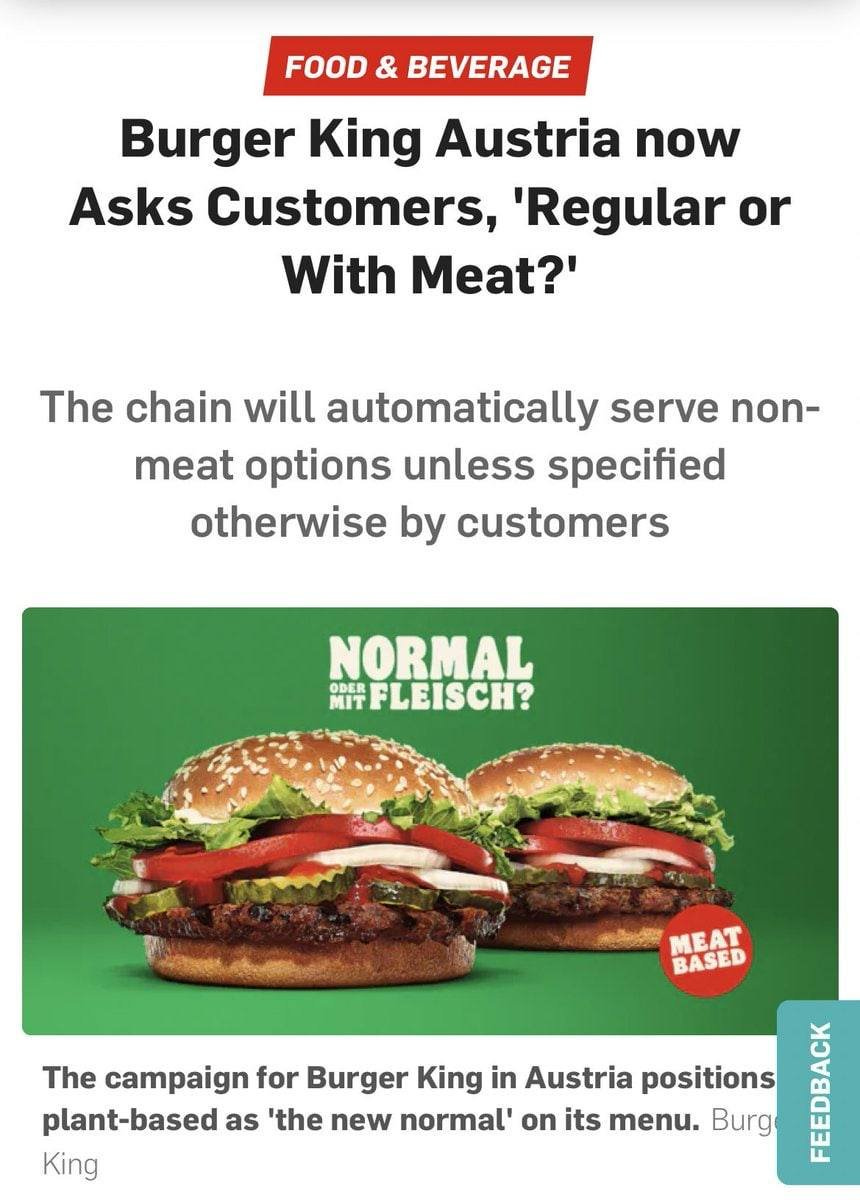Wearable device benefits, dispelling food myths, how long can you store B12 and why some people don't like the taste of meat
Wearable devices increase your level of activity and improve weight loss outcomes

I am not a tracking-device-wearer type as I find that people become so obsessed with the device, constantly checking it. My philosophy is to listen to your body. However, many people are not in tune with internal cues, and a device may also motivate people to get off the couch.
A recent meta-analysis indicates that if you are sedentary and need to lose weight, a device such as a Garmin or Fit Bit may be the incentive that you need to get moving.
Do you wear one? Has it helped? Or does it create more stress if you have not reached your step goal or if, for example, it says you are not getting enough REM sleep?
Source
https://doi.org/10.1016/S2589-7500(22)00111-X
A Dr. Hyman interview on dispelling some food myths
In this video, they discuss the myths surrounding meat and a recent documentary and its unscientific reasons not to eat meat.
Many people avoid meat protein sources b/c they feel they are doing their part in saving the planet and saving animals. Eating humanely raised meat and eating much less of it may be a more reasonable option since by taking it all out of the diet, you may be harming your health!
Meat can be part of a healthy diet when consumed in moderation and chosen wisely. For instance, choose wild-caught Alaskan salmon, grass-fed (on non-sprayed grass) beef, chickens fed an organic diet that forage freely.
However, your country may try to shift your mindset that vegan and vegetarian are not alternative diets; instead, eating meat is.
Not everyone can afford to consume the tpes of animal proteins I mentioned; thus, other meat sources, such as fast-food chains, should be consumed in minimal amounts. On the flip side, you do not need to eat meat daily or even weekly!
To be clear, I have numerous vegan and vegetarian clients, and I do not force anyone to consume meat. Still, a non-meat diet is challenging, and I find that vegans/vegetarians in my small practice are the ones that tend to struggle more with health issues.
Bottom Line: What diet is best for you at this period in your life for optimal health?
So how long can you store B12?

If you are vegen or vegetarian, more than likely you will have to supplement with certain nutrients such as omega-3 EFA’s, iron, zinc and B12.
If you were previously a meat eater, you can store B12 in your liver for on average, 2-4 years. Hence why it may take some time for you to see a B12 deficiency. It is not uncommon for a vegan or vegetarian to feel great at first on the diet but over time feel fatigued. This is because deficiencies take time to happen.
For children who are raised as vegan/vegetarian, a B12 deficiency can occur much sooner. Additionally
, if you are depleted, it can take months to to replenish the body via oral dosing and B12 injections may be warranted.
Not everyone likes the taste of meat!
Two things to look into if you don’t like the smell or taste of meat. While not always, it can be due to low stomach acid, or ironically, low B12!



